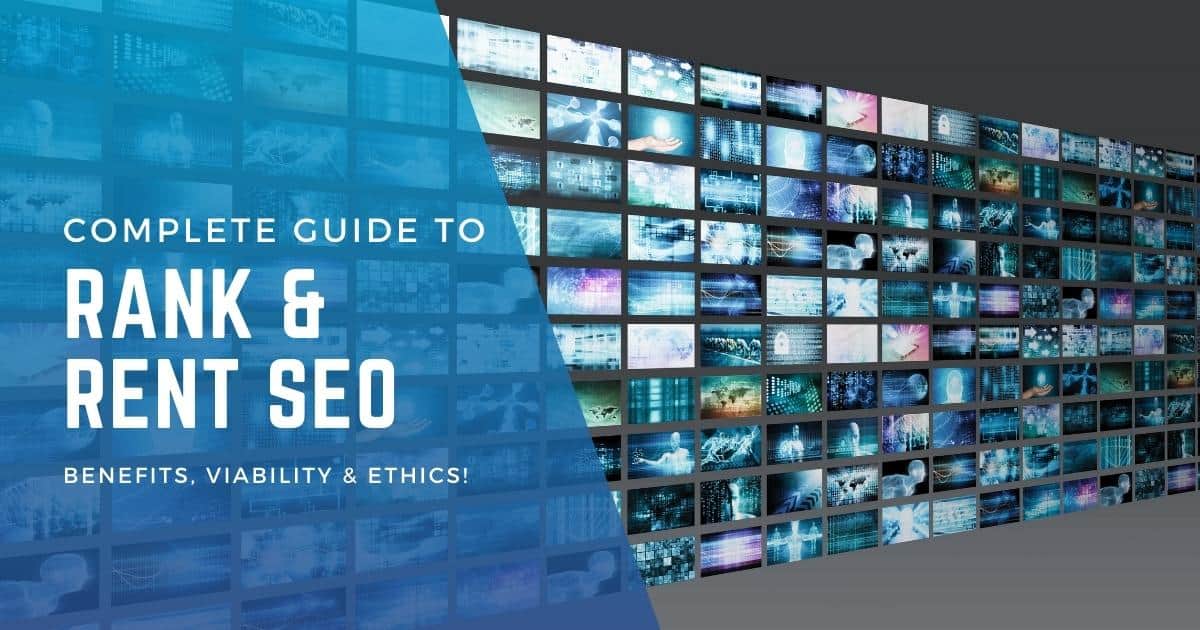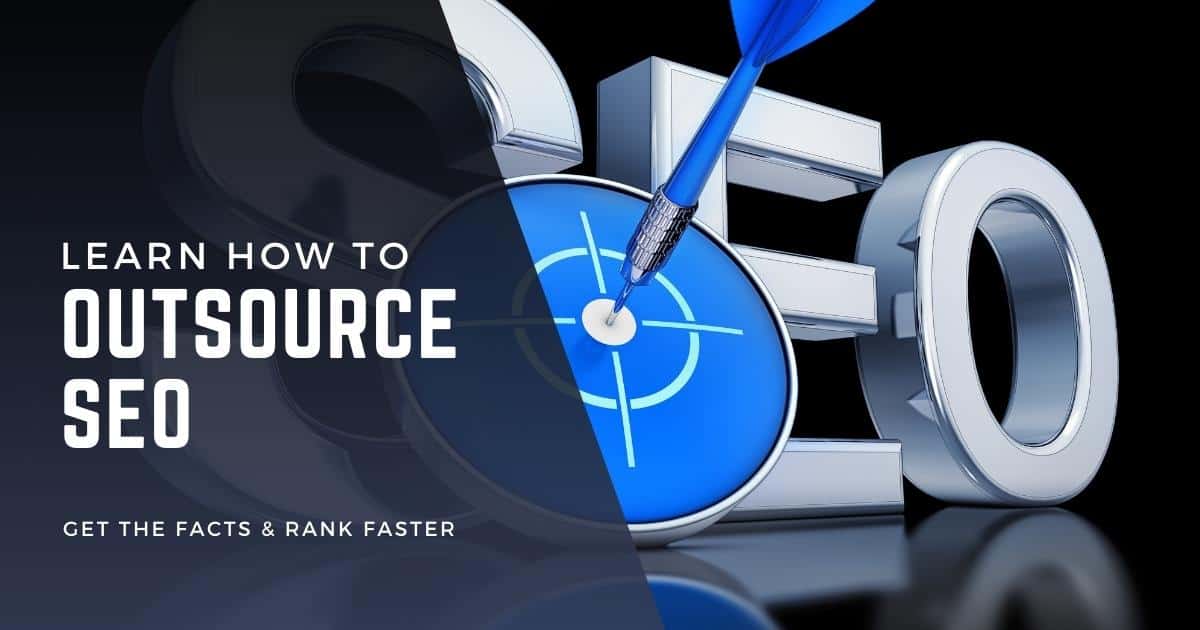You want your website to be more than just a digital billboard; you want it to be a magnet for quality traffic. That’s why you need SEO tips that work. SEO, short for Search Engine Optimization, is the strategy that makes your website attractive to search engines like Google.
Now, mastering SEO isn’t a walk in the park. Between Google’s frequent algorithm changes and the need to keep up with your competitors, it’s easy to feel overwhelmed. But as a seasoned digital marketer, I’ve navigated these choppy waters and found ways to keep my ship steady. Rest assured, the strategies we’ll discuss are proven to work and will help you rise above the challenges.
The stakes are high. Organic traffic is often the difference between a thriving business and a struggling one. With the tips we’ll cover, you’ll improve your SEO and give your business the boost it needs. So, are you ready to unlock your site’s full potential?
1. Avoid Private Blog Networks (PBN)
A Private Blog Network (PBN) is a group of websites you manage to drive high-authority backlinks to your primary website. They are usually comprised of expired domains that had previously earned valuable backlinks. They are also usually pretty thin when providing visitors with valuable content.
PBNs should also be avoided at all costs if you’re looking to invest in SEO for the long term. They can get you penalized by Google in a worst-case scenario or be a waste of time and money in a best-case scenario.
Back in 2011 & 2012, hundreds of websites dramatically lost their rankings after Google started rolling out their anti-black hat updates. Most webmasters who dabbled in link exchanges, comment link spam, content spinning, and many other grey or black hat tactics were either penalized or suddenly lost their rankings. It was clear then that Google wasn’t going to tolerate PBNs any longer.
Private Blog Network owners have gotten smarter in hosting and managing these sites, but Google is omniscient and catches on eventually. PBNs might not hurt your site rankings, but your energy and marketing budget would be better spent elsewhere. This is especially true in the age of modern SEO.
Instead of PBNs, we recommend you check out some link building tips and get to work because white-hat organic link building takes time.
2. Maximize Your On-Page SEO
On-page SEO is still one of the most fundamental elements of SEO. Ever since Google first launched, its sole purpose has been to index, categorize, and prioritize data as accurately as possible. A website’s metadata, including page titles and meta descriptions, tells Google what your website is all about and where you belong in search results. On-page SEO certainly does not guarantee a Page 1 Google ranking, but without it, you may not rank even on Page 101.
On-page SEO considers dozens of the major Google ranking factors, including keywords, meta descriptions, navigation, site security, internal links, external links, site speed, ads, word count, mobile-friendly pages, images, and video content. Do what you can to keep your page quick, user-friendly, and easy to navigate.
Another factor many bloggers and webmasters don’t consider is broken links and link rot. Internal and external links on your site can become dead links if they no longer point to a viable site. You can easily fix the links or create a redirect if the links are internal. If they are external links, you can remove or modify them to go to viable websites. This happens often over the years, especially if a website switches providers or adds a new SSL certificate. Top-ranked SEO software or free broken link checkers can determine if you have any of these on your site.
You might also be getting some links from spammy or penalized websites. These low-quality backlinks won’t help your Google PageRank and can even damage it. Determine which spammy links point to your site and use the Google Disavow Tool. You can and should also contact those websites to ask that they manually remove those links. Disavowing it doesn’t always get the job done, and you don’t want your site to be penalized.
3. Longer Content Leads The Way
Content has been considered key in the SEO world since the beginning. The top SEO professionals have preached that “Content Is King” for over two decades. Even though some people still believe that high-quality backlinks are far more important, content is still critical no matter how you look. But it’s not always about the quantity or frequency of your posts, but the quality and length that can make a big difference.
Research and case studies both strongly suggest that websites with longer content (1,000 – 2,000+ words) tend to rank higher. The frequency of content publication seems to have less of a correlation to higher rankings. So, you might be better off publishing a lengthy blog post or article once a week rather than quick blurbs daily.
4. Optimize For Voice Search
People are buying millions of Amazon Echo, Google Home units, and similar devices. Your website, content, keywords, and overall SEO tactics must start reflecting this reality and optimizing for voice searches. Keywords will often be long-tail and conversational instead of just a few specific words, like in regular typed searches. Your writing should reflect how people speak, especially regarding how they ask questions.
Voice searches will continue to grow as these devices become more popular and advanced. Automobile manufacturers are now starting to include them as built-in features in new cars so people can do voice searches while driving. That’s just the tip of the iceberg, though. Soon, you might ask your smart refrigerator or high-tech stove to provide search results!
5. Keep Your Website Fast & Secure
Regarding data security and privacy, corporations like Google aren’t taking any more chances than they have to. Google prefers ranking secure websites higher, and site security has been a ranking factor for a long time.
They’ve taken things to the next level by clearly displaying “Not Secure” on Chrome browsers for websites without a valid SSL Certificate and no “HTTPS” domain prefix. Other major browsers like Firefox and Safari have followed suit.
If you don’t have an SSL Certificate, you can get one free or inexpensively, depending on your site. Websites without them have dropped in ranking and appear less trustworthy to visitors, which is becoming necessary.
6. (High Quality) Content Is King
People are sick of reading fluff content and filler blog posts. In the early days of content marketing, the focus was creating the greatest content quantity possible. Weakly rewritten articles and watered-down posts would get published daily because they got those precious clicks and filled a content quota. Everyone knows that low-quality content doesn’t get results anymore.
However, we have seen more ‘epic’ content in the last few years. Epic content means long-form articles that cover the topic comprehensively. However, many people do not like this style, so we are sometimes seeing a shift to ‘dense’ content. Dense content covers the whole topic in a way that keeps the article as short as possible. It makes sense because people have lower attention spans and all the. Yes, this contradicts #3 about longer content leading the way, but it can depend on the topic and industry.
The main takeaway is that regardless of content length, it needs to be unique and helpful to the user. Filler or scraped content doesn’t cut it anymore. Your content needs to fulfill a query to become and remain highly ranked.
Write for people and not just search engines!
8. User Experience Optimization (UEO) Is Part Of SEO
The user experience has been a part of SEO for a long time, at least to some degree. Google has started to favor sites optimized for most devices, load quickly, and have users that stay on the website longer.
And Google isn’t very forgiving of websites with many ads on each page, especially if they are intrusive and affect user experience (UX). In our modern marketing age, we’ll continue to see UEO become a major part of SEO.
9. Utilize Google My Business
Google My Business is a valuable free tool that lists your physical business on glorious Google Maps. If Google sees the right signals, your company can also rank well in local results. The local rank results are the results you’ll see when Google has interpreted your search query to be location-specific.
Try typing ‘plumbers near me’ or ‘restaurants near me’ into Google, and you’ll likely see a few ads and some localized listings before you see other organic search results. Depending on the market’s competitiveness, these first results could consist of several ads or several local listings.
Local listings are valuable to your business, so you should create and verify your listing with all of the necessary information.
10. Improve Page Speed
We’ve already established that user experience plays a significant role in determining conversions for many businesses. According to recent studies, nearly half of customers expect a page to load within two seconds. Also, almost half of people move to other web pages if the page they browse does not load in three seconds. You’ll need to speed up your website for desktop and mobile searches.
You must eliminate issues that hinder your page’s loading time. Some of the best methods include using better servers and a content delivery network (CDN). You should also aim to limit your redirects since they can negatively impact your page speed.
You should also optimize your images, which can significantly speed up page loading. Consider image size before uploading and optimize each image carefully. Another mistake is blocking CSS and JavaScript. Google has mentioned that voluntarily blocking CSS and JavaScript can lower page rankings. Instead, please keep these files as small and concise as possible.
Other useful methods include enabling browsing caching, compression, and reducing the number of plugins. Reducing the number of ads displayed on your page can also make a huge difference. Streamline your site to keep it quick and uncluttered.
Final Thoughts
SEO constantly evolves, so you must stay on top of your game to achieve Google glory. Learn from the past, and don’t resort to cheap SEO tactics if you plan to stay in business for a long time. Don’t neglect the most fundamental elements of your search strategy. Getting top-ranked pages on Google isn’t a sprint; it’s an endless marathon.
FAQs
What are the top 5 SEO strategies?
The top 5 SEO strategies include keyword research to target relevant queries, on-page optimization of meta tags and headers, content creation that satisfies user intent, backlink acquisition from authoritative sources, and technical SEO to improve site speed and mobile compatibility. These strategies are essential for high search engine rankings.
What are some useful SEO tips?
For effective SEO, optimize meta tags, create high-quality, keyword-rich content, and acquire authoritative backlinks. Additionally, improves site speed and mobile-friendliness. Regularly monitor analytics to adapt your strategy and maintain up-to-date, relevant content for sustained search engine visibility.
What are the 3 C’s of SEO?
The 3 C’s of SEO are Content, Code, and Credibility. Content involves creating high-quality, relevant material. Code refers to optimizing HTML tags, site speed, and mobile-friendliness. Credibility is built through acquiring authoritative backlinks and enhancing user experience. These elements are foundational for effective SEO strategy.
How to get 100% SEO?
Achieving 100% SEO is a misnomer; SEO is an ongoing process. However, optimizing crucial elements like meta tags, high-quality content, and backlinks can significantly improve search rankings. Regularly update your website and monitor analytics to adapt your strategy for the best results.



